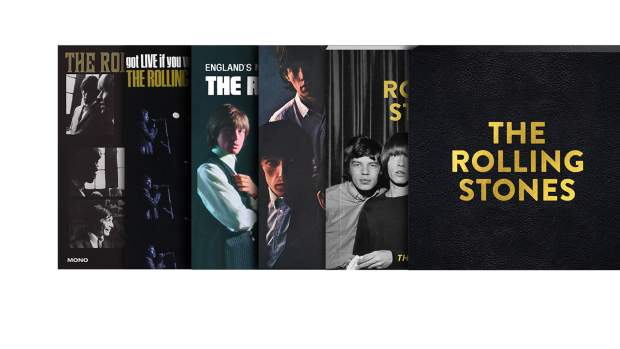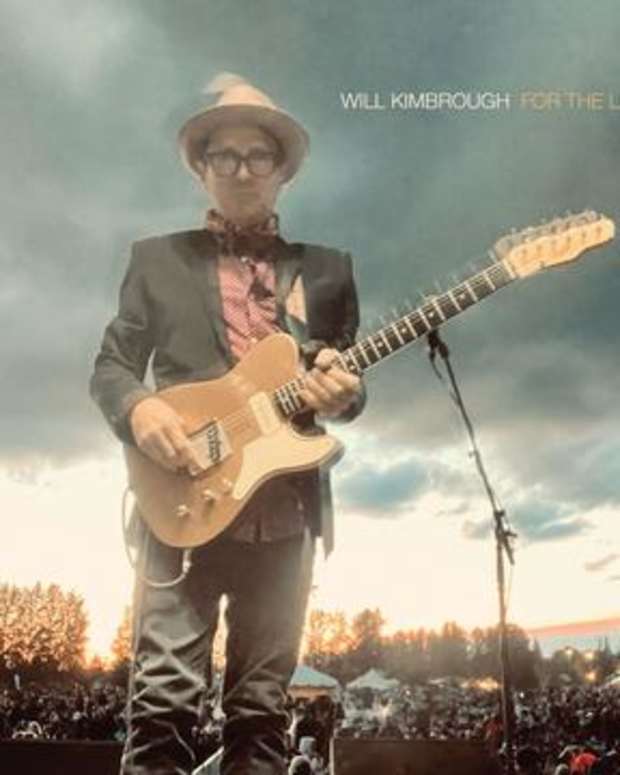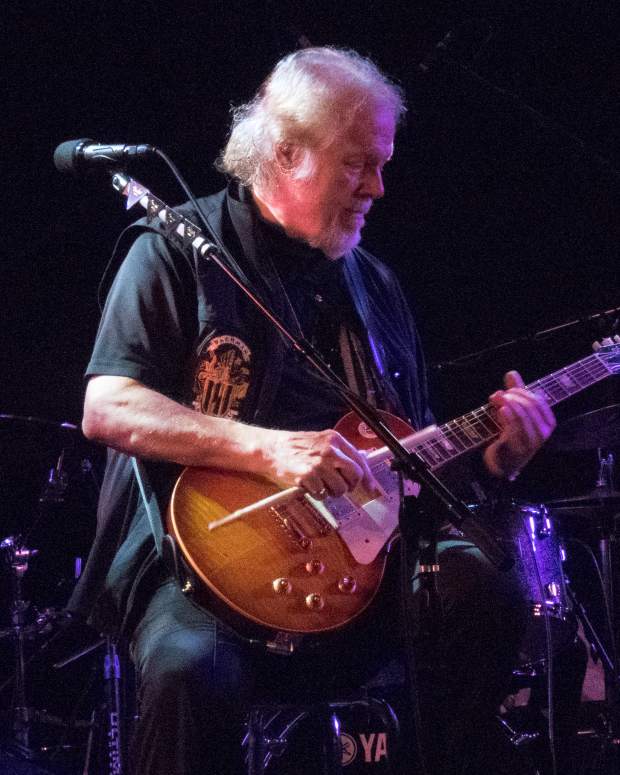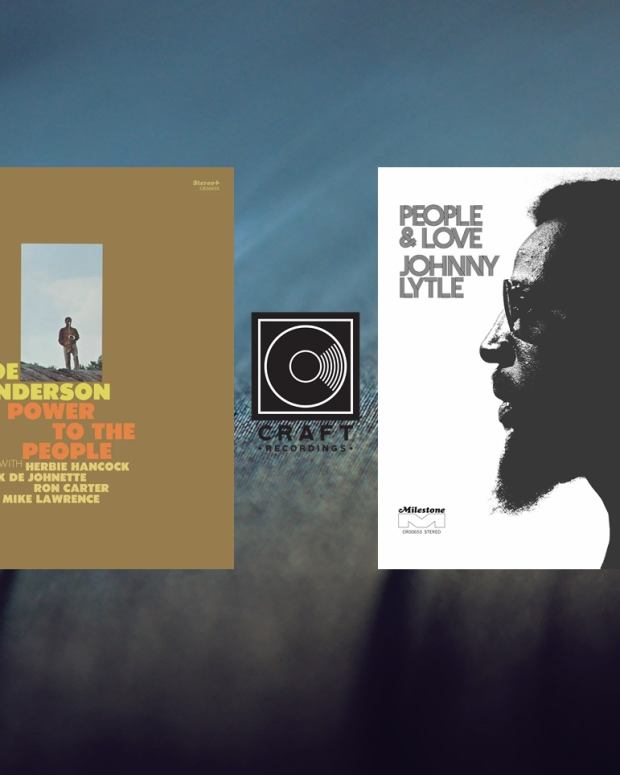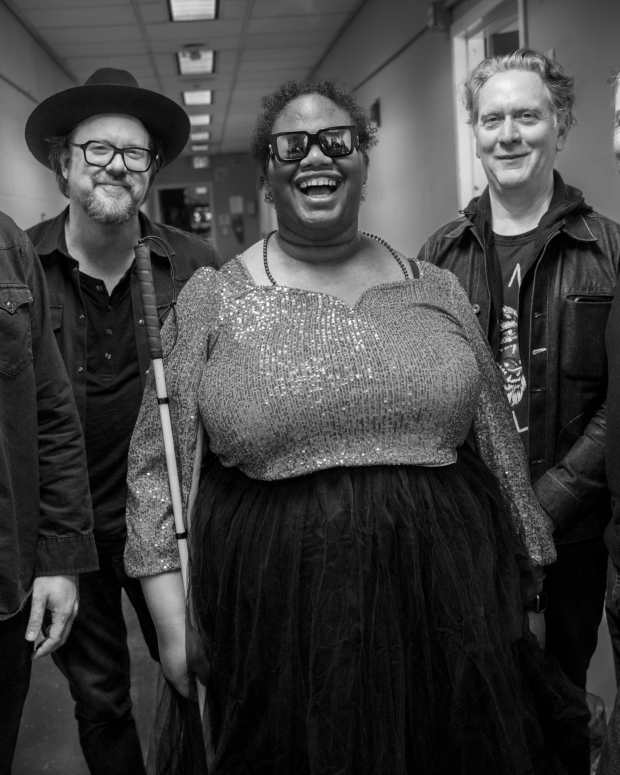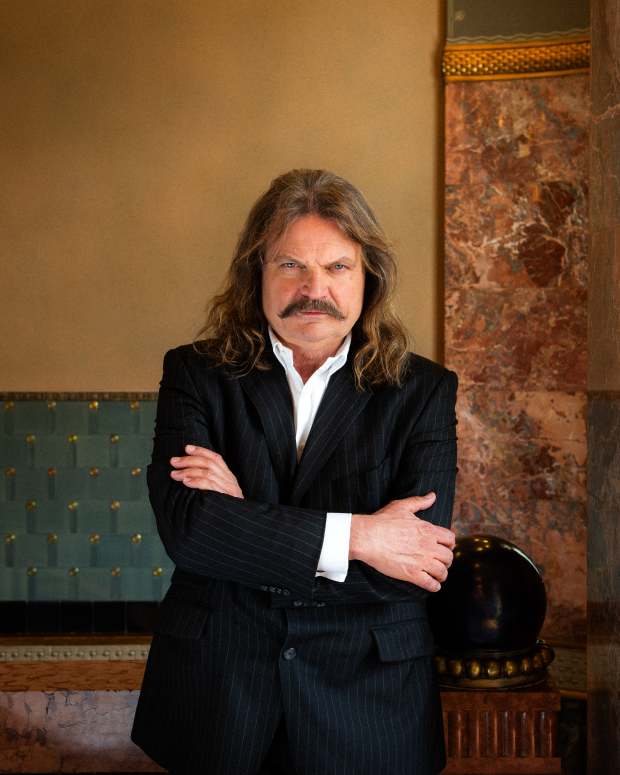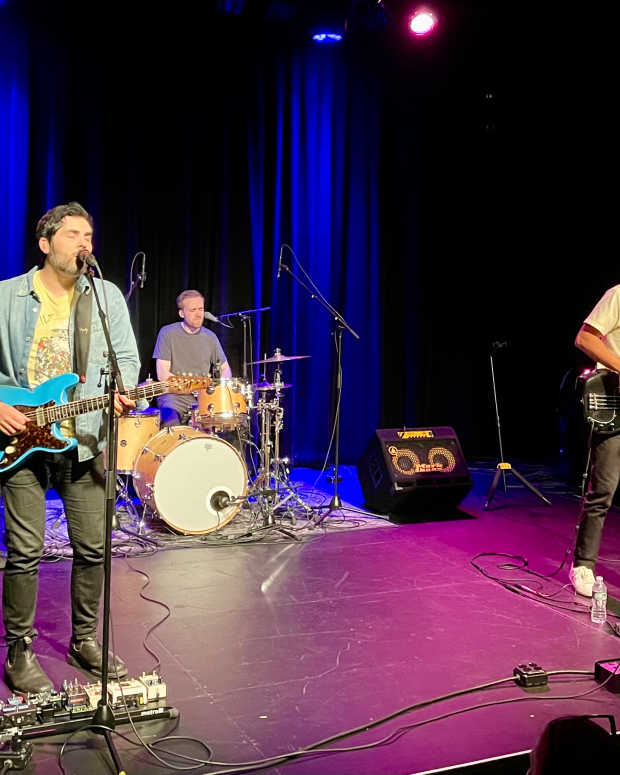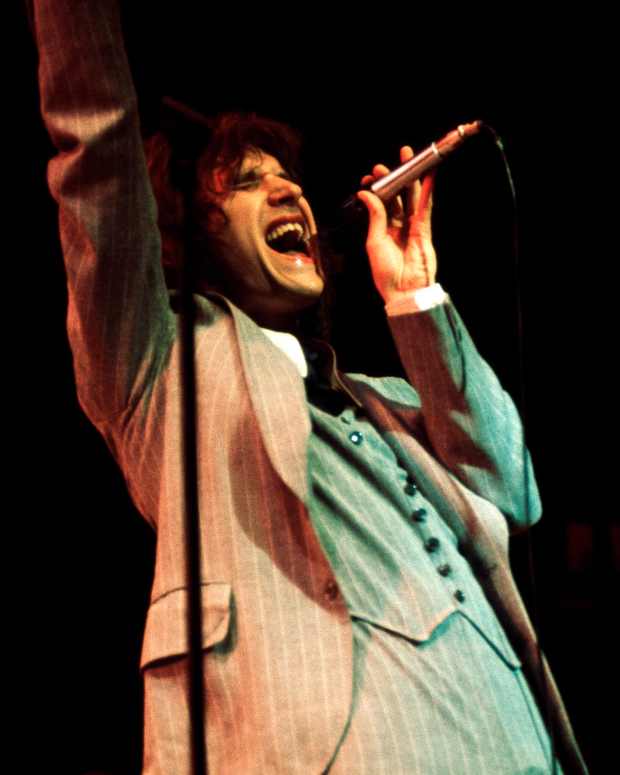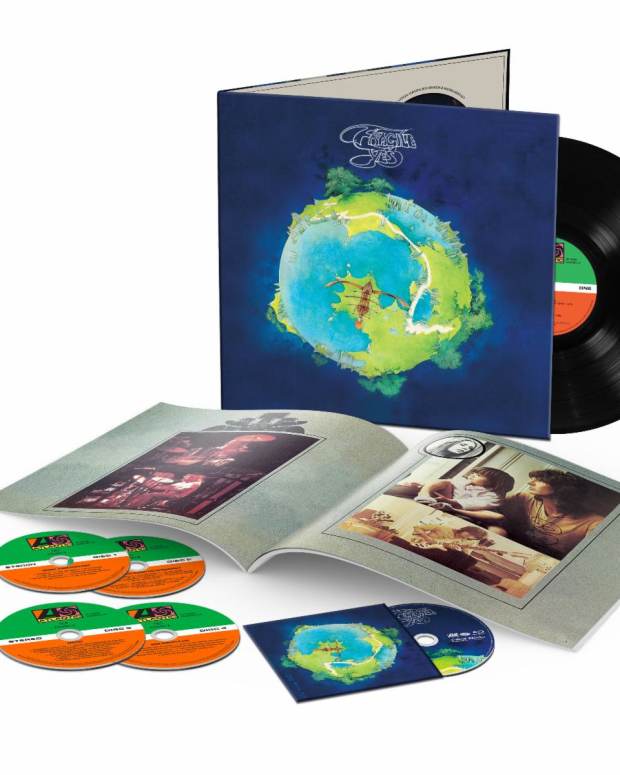Gene Cornish - The Life of a Rascal
By Mike Greenblatt
Whether you know him as a Young Rascal or a Rascal, Gene Cornish was the lead guitarist of a ’60s band that broke all rules for white guys and, in the process, set a few new rules of their own (they were inducted into the Rock and Roll Hall of Fame in 1997.) Keyboardist Felix Cavaliere, frontman Eddie Brigati, drummer Dino Danelli and guitarist/bassist Cornish, out of the ashes of Joey Dee & The Starliters (“Peppermint Twist”) grew to be one of the all-time great 1960s American bands with hit after hit in a style that used to be called “blue-eyed soul.” (When Cornish left Joey Dee to start The Rascals with Cavaliere, he was replaced by Jimi Hendrix.)
Cornish has put it all in a terrific tell-all autobiography co-written with Stephen Miller, Good Lovin’: My Life as a Rascal. Filled with great stories about fellow ’60s rock stars, and sparing no expense in relating how low he fell due to drug addiction, the book paints a portrait as a wide-eyed lover of rock and roll, a Jersey Boy of magnetic proportions, a rock star in a generation where there was no handbook on how to deal with almost instantaneous fame, power, money, women and drugs.
He’s still that same wide-eyed youth, only now housed within an ailing body over 75-years old. But he still has that twinkle in his eye, strut in his step (almost) and the kind of style that sets him apart from most normal men. He’s personally experienced what my generation always wanted... and that is, to be a rock star in all its unfettered glory, receiving unabashed love from thousands at a time. Within the context of life experiences, there’s no equal. And us writers have spent lifetimes trying to conjure up that feeling in words. He’s lived it. Survived its pitfalls. (Almost didn’t.) But he stands with a heart full of memories and aural proof of what he accomplished.
I first heard “Good Lovin’” in 1966 when I was 15. Did it change my life? You’re damn right it did. Just as much as watching The Beatles on The Ed Sullivan Show two years earlier. My first band did “I Ain’t Gonna Eat Out My Heart Anywmore.” Rascals songs like “People Got To Be Free,” “Lonely Too Long,” “How Can I Be Sure,” “You Better Run,” their versions of Wilson Pickett’s “Mustang Sally” and “In the Midnight Hour” were instrumental to the soundtrack of my youth.
Goldmine spoke with Cornish after witnessing his terrific jam at The Friars Club in Manhattan with his good friend Tommy James.
GOLDMINE: Great book, my man! You really encapsulated how it felt to experience that heady rush of initial rock stardom.
GENE CORNISH: You know what? I’m grateful to be alive, grateful for the loyalty of the fans, and, most of all, grateful to my lady Debbee Davis who got me sober.
GM: So many wonderful stories! You were in the dugout when The Beatles played Shea Stadium.
GC: Yeah, that’s because we were managed at the time by the promoter of that show, Sid Bernstein. The Beatles had Brian Epstein and we had Sid Bernstein. We wanted a Jewish manager! We had a lot of people who wanted to manage us around that time but they didn’t have a clue. Sid did. And he was honest, a man of his word. He had never managed before but he said he saw something in us that was magical. I think the song he loved most was this 1963 thing we used to play by Bill Medley of The Righteous Brothers called “My Babe.” It was the first song we ever rehearsed. And I remember because I was playing harmonica and when I saw him in the audience, I hit my face hard with the harmonica and my nose started bleeding onstage.
GM: You don’t sugarcoat your relationship with your three fellow Rascals, the fights, the misunderstandings, the back-stabbings…
GC: It’s what fame does. It can’t be helped. They’re my brothers and brothers fight.
GM: But after being one of the best ’60s bands, by 1971 you were done. What caused the ruination of The Rascals?
GC: I think it was lack of management. Sid could only take us so far. He opened all the doors but didn’t know when to close them when the sharks circled. Sad to say but we outgrew him. When we started managing ourselves, it was the beginning of the end but we didn’t know it. That’s when the self-doubt and recriminations started. But the money was rolling in so we didn’t care. Eddie and Felix were living together, writing together and hating each other. Happens all the time. Eddie never shared Felix’s work ethic and Felix resented that.
GM: And you were too busy leading the rock star life.
GC: Guilty as charged, yeah. I got totally carried away. I bought houses, horses, two Cadillacs, a Rolls-Royce and ridiculously expensive clothing.
GM: Your stories in the book are filled with people like Eric Clapton, Jimi Hendrix, George Harrison, Janis Joplin and Paul Simon.
GC: Paul McCartney came to see us in England. That’s when Eddie went up to him after the set and says, “Hi John!” We were all so embarrassed. Yet he showed up again the following night. We were the talk of London. Members of the Stones, Beatles, The Who and The Animals were all there to see us. We put on a blistering show and McCartney was escorted into our dressing room to say hello. He wanted to meet us. I remember he was high as hell. I didn’t really know what to say to him. So I just said, “You make great records.” I wish I would’ve said something more profound.
GM: You and Felix both worked for Joey Dee in the Starliters at New York City’s legendary Peppermint Lounge.
GC: Yeah, and Felix kept telling me that Joey Dee was going to screw us but I didn’t believe him. I had just got the gig and was thrilled. I certainly didn’t want to have to start a whole new band and work my way up all over again. But Felix was right. Joey Dee never did right by us.
GM: One of the great hard rock drummers of all-time, Carmine Appice, told me that Dino Danelli never got the credit he deserved as one of rock’s great drummers.
GC: Dino was number one, right up there with guys like Ginger Baker, Keith Moon and John Bonham. And he was before those guys. Dino was the first superstar drummer. Period.
GM: So Eric Clapton once stole your amp, huh?
GC: Well, it was really Eric’s roadie.
GM: And George Harrison tried to get you to turn your publishing over to Allen Klein?
GC: We had hung out with George when he was recording with Billy Preston and Jackie Lomax. George’s assistant, who used to be a go-go dancer in New York, set us up to visit George in his mansion when we were back in London. He sent a limo to pick us up and we had a fine day until he started talking business. To be honest, though, George was the nicest guy in the world and I don’t think he ambushed us into visiting him just so we could turn over our publishing to his guy. I know the book makes it seem like that.
GM: I love the story of you and Janis Joplin screaming at each other in a raging argument broken up by little Paul Simon.
GC: It was backstage at a various-artists anti-war benefit. Janis refused to go on until it got dark. When I said something to her about her attitude, she yelled “Who the f**k are you?” I never liked her anyway. I told her to go wash her hair. It wasn’t our first run-in. Once, I had been invited to the house of the Smothers Brothers. Donovan was there, too. So were The Monkees. We were all just enjoying the buffet minding our own business when Janis came in and, man, she was a hot mess. I think we had an argument there, too.
GM: Then there’s the time you hauled off and actually punched a promoter in the face because he called Sid Bernstein a fat f**k.
GC: I regret it to this day. I shouldn’t have done that. And then Felix called me out for it right in front of everyone. I got so mad at Felix for that. You don’t fight with your own bandmates in public. You don’t call them out even if they do something stupid when there’s people around. Felix should’ve taken me aside and settled it privately. But he didn’t, and that started us not getting along for years.
GM: What is your relationship like with the other Rascals today?
GC: Felix and I have a wonderful admiration for each other today and affectionate friendship. In fact, we speak every three or four days. I’m not working right now because of my physical situation but just last year we did a little tour together. We have dinner. Our families are close. I haven’t talked to Dino for years. He’s a loner anyway. We don’t see eye-to-eye on things. He left a message on my answering machine saying I was pathetic and not to ever call him again. I have no relationship today with Eddie either. It’s sad. We’re brothers. And I do love the three of them. I never had brothers. I’m an only child. But, hey, we just don’t get along anymore.
GM: What was rock-bottom for you on your way up from being a drug addict?
GC: I lived for cocaine. It was the only thing I ever thought about. One of the worst things I’ve ever done in my life was stealing my mother’s Social Security checks to buy coke. I’m so ashamed at that. At the height of my addiction, no one had the guts or the love to tell me to get it together. I almost lost my Debbee over it. But I had a friend, an actor friend, who played the loanshark in Jersey Boys. He had me go to a meeting at a church and that was the start of my recovery. My faith in God did the rest. I got sober June 5, 2012. Then I had to deal with cancer.
GM: You should be so proud. Those Rascals songs have worn well. They still sound vital.
GC: Yeah, and they still sound good on the radio. Today’s music isn’t even future oldies, if you know what I mean. Then again, it’s not for me to judge. It’s a new generation. I get that. I’m happy to have been born in 1944 as I was the perfect age to get into Elvis, the Everlys and Buddy Holly.
GM: And your book is terrific. I would wholeheartedly advise people to get it. Your co-author Stephen Miller did a great job.
GC: He had to put up with me and my moods. Half the time I was shouting at him and banging the table during our interviews. I was out of my mind. I’d leave the house, take a walk, clear my head. I still cannot pick the book up. I don’t want to read it. I lived it. Let others read it. I still get emotional about it all. In fact, the book is sitting in my bathroom now untouched. That’s where I do most of my reading anyway. Sometimes, I’ll open it to random pages and go, “Why would I want to relive this sh*t?” But, I must say, I’m thrilled at its response. Between the good reviews and the great comments from people like you from all walks of life, man. It’s enriching. And you’re right. Stephen was terrific. In so many ways.
GM: So you can’t read your own book, huh? Can you listen to your own music? I’ve interviewed dozens of artists who simply cannot.
GC: Without a doubt. I admit to loving and listening to almost all of those old songs we did. Man, we did ‘em good! And when I hear them, I relive the moment. But it’s all a blur now. And if you’ll excuse me, I’ve got to go to physical therapy.






